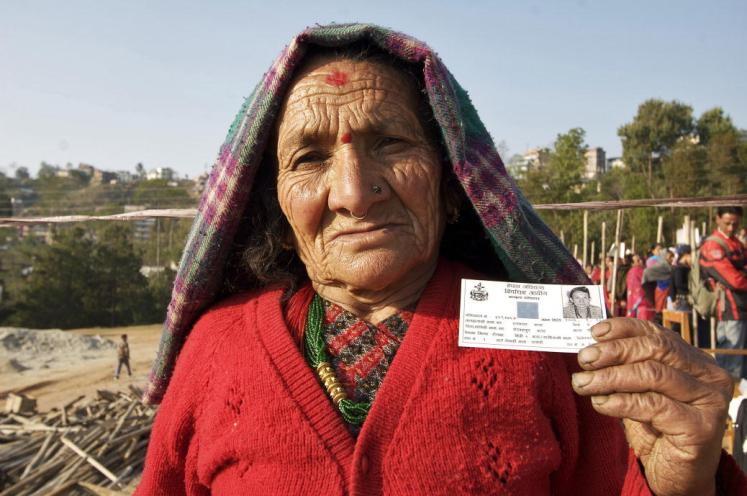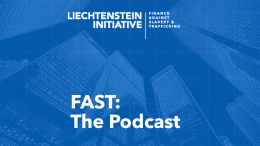To understand and tackle the systemic barriers that underpin modern slavery, the United Nations University Centre for Policy Research (UNU-CPR) and The Freedom Fund, today launched a new report examining the pivotal role that access to official documentation plays in perpetuating modern slavery. By exploring the nexus between the lack of official documents and vulnerability to exploitation, the report illuminates the challenges and dangers faced by those on the margins of society.
No Identity, No Protection: How Lack of Documentation Drives Modern Slavery captures the findings of a mixed-method, action-oriented research project - undertaken at the global level and three focus countries (Brazil, Kenya and Nepal) - that examined how the absence of official documentation can heighten people's risk of trafficking and modern slavery. The study shines a light on the lived realities of people without access to documentation, and aims to deepen understanding of how people lacking documentation are disproportionately at risk of falling into exploitation and face greater barriers in escaping it.
The scale of this challenge is staggering, with an estimated 850 million people worldwide lacking official documentation, a plight that disproportionately affects women, the youth, rural dwellers and migrants, among others. The lack of documentation not only renders individuals invisible to policymakers and service providers, but also traps them in cycles of exploitation and re-exploitation, highlighting a grave oversight in global efforts to combat modern slavery.
The report also identifies practical solutions for policymakers, non-governmental organizations and donors - in the focus countries and globally - that are informed by the lived experience of survivors of modern slavery.
The research underscores the critical need for increased birth and citizenship registration, alongside legislative reforms, awareness campaigns, and digital solutions to bridge the documentation gap. Moreover, it highlights the necessity for targeted support services for survivors, addressing policy-induced challenges and discriminatory practices that exacerbate vulnerabilities.
As we navigate the intersection of policy-making and practical action, this report acts as a pivotal call to leverage documentation as a powerful tool for safeguarding and advancing human rights. Closing the evidence gaps and refining our strategic approach will bring us closer to achieving the aims of Sustainable Development Goal 16.9 - guaranteeing legal identity for all by 2030, including free birth registrations. By addressing these challenges head-on, we commit to not only protecting individual rights but also building a fairer and more just global community, dismantling the structural foundations that allow modern slavery to thrive.
Access "No Identify, No Protection: How Lack of Documentation Drives Modern Slavery" here.



